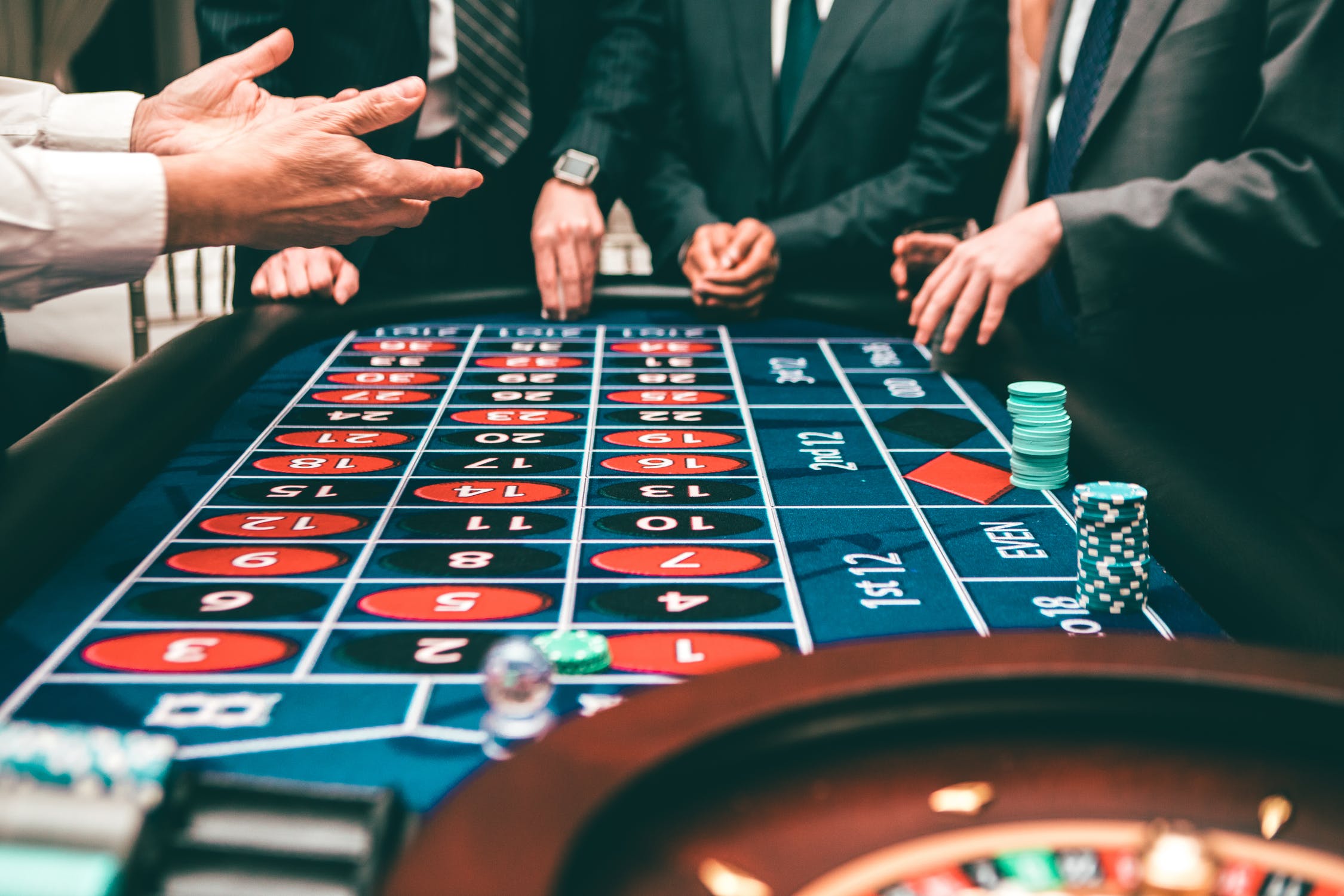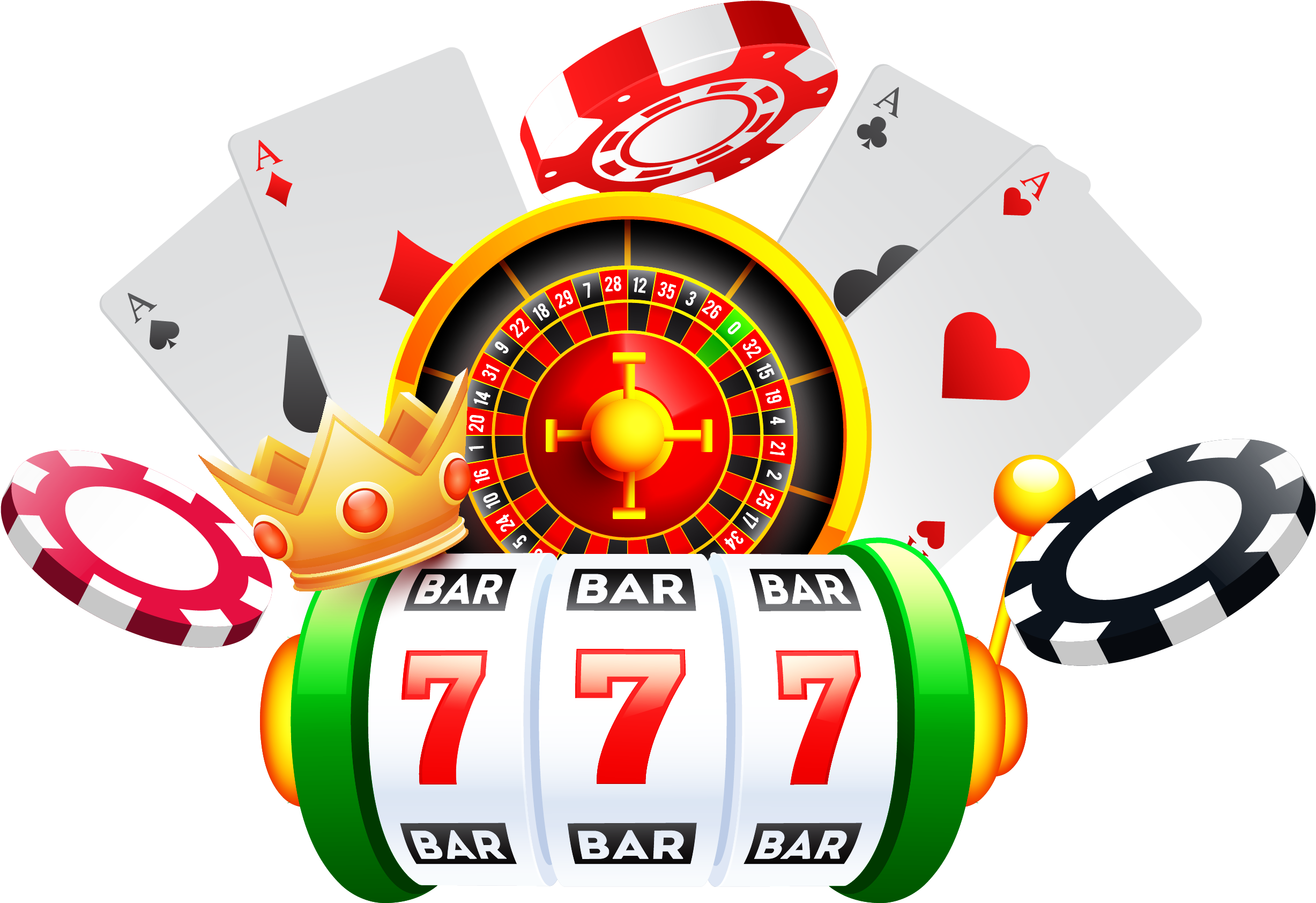When we think of gambling games, the first pictures that frequently come to mind are those of spinning wheel wheels, poker tokens clattering on felt tables, and cubes rolling across a betting surface. While numerous view these games as mere hobbies fueled by luck, a more profound exploration reveals a fascinating blend of strategy, skill, and social engagement that raises them well beyond basic luck. Whether you are a experienced player or a curious newcomer, understanding the nuances of these games can greatly enhance your experience and appreciation.
Gambling games have evolved over hundreds of years, with various cultures contributing to their rich backgrounds and variations. From the intricate tactics of blackjack to the bluffing methods in card games, players engage in a battle of intellect as much as a risk on odds. This exciting interplay between luck and expertise creates a thrilling atmosphere that draws millions to casinos worldwide. As we delve into the world of table games, we will uncover the methods that can tilt the odds in your advantage and the social elements that make these games a popular choice for entertainment and engagement.
A Strategy Behind Table Games
Table games often combine a blend of ability and luck, which makes them intriguing for participants who enjoy a challenge. Every game has its unique set of guidelines and tactics that can influence the results. For instance, in titles like blackjack, participants are obliged to use tactics like counting cards and grasping the odds to make informed decisions. This expertise can significantly improve their victory potential, distinguishing experienced players from novices who may rely solely on chance.
In contrast, titles such as roulette may appear to be purely based on luck, but tactical thinking can also come into the equation. Participants can choose between different wagering strategies, such as the Martingale strategy, where they increase the wagers after a loss. This approach can establish a more controlled way to the game. Understanding the odds of specific bets can also help players make better decisions on the table, demonstrating that even titles of luck, tactics can enhance the experience.
Additionally, poker is notable as a game that strongly emphasizes tactics. In contrast to most casino titles, the game of poker combines skill, mental acuity, and chance. Players must not only concentrate on the cards they are given but also take into account their rivals’ behavior and wagering patterns. Mastering concepts like position, the odds of the pot, and reading bluffs is crucial for success. This depth of strategy in poker often creates to a more immersive encounter for participants, as their choices and abilities significantly affect the match’s outcome.
Grasping Chance and Odds
In the realm of casino games, probability and odds play a vital role in determining a player’s possible outcomes. Every match has its own set of guidelines that define how the chance of winning or losing is measured. For instance, in games like blackjack, participants have a chance to modify their odds through tactics, whereas in matches like the wheel, the outcomes are purely dictated by luck. Understanding how these probabilities are measured can significantly affect how a player tackles the match.
Odds are typically presented in two formats: fractional and numeric. Fractional ratios show the ratio of the amount won to the sum bet, whereas numeric odds show the total return for a winning bet, including the stake. rr88 trang chủ For instance, if a match has odds of 5 to 1, this means that for every one dollar staked, a gambler could win five units if they win. Understanding how to interpret these ratios allows players to evaluate their possible winnings and make more informed choices during play.
Players should also be conscious of the casino advantage, which is the casino’s inherent benefit over the gamblers. Each match has a distinct house edge, and comprehending this concept is essential for handling one’s hopes and bankroll. Games with a reduced house edge, such as blackjack and baccarat, typically offer better ratios for players compared to games like slot machines and keno. By acknowledging the relationship between probability, odds, and the house edge, players can improve their gambling experience and strategize more effectively.
The Aspect of Table Gaming
Table games at gaming establishments are often seen as a hub of community engagement, drawing participants together in a collective experience that extends far beyond the mere act of playing games. The atmosphere at a blackjack table can be vibrant, with gamblers engaging not only with the game itself but also with each other. Laughter, excitement, and, occasionally, playful teasing create connections that enhance the overall experience of the gaming experience. This communal aspect can turn a alone endeavor into a lively social event, making casino games particularly enticing.
One of the fascinating elements of table gaming is the way it fosters friendship among players. Whether it’s collaborating to defeat the dealer at a craps table or exchanging tales between hands in a card game, the environment encourages interaction. Players often share advice or strategies, creating a sense of togetherness that enhances the fun. This social dynamic can make new players feel welcomed and less daunted by the competitive nature of casino games. As the game continues, friendships may form, leading to a sense of belonging that keeps players returning to the table.
Moreover, the social aspect of table gaming extends outside just the players. Dealers play a vital role in encouraging interaction and maintaining the flow of the game. Their ability to engage gamblers with friendly conversation and their expertise in running the table can create an inviting atmosphere. This relationship between participants and staff adds another layer of enjoyment, where gamblers feel connected not only to each other but also to the staff. Such interactions are often what make the experience unforgettable, as participants leave with tales to tell and relationships made, reinforcing the notion that table games are truly about more than just chance.


